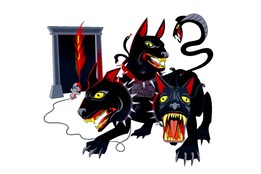werewolf
noun
were·wolf
ˈwer-ˌwu̇lf  ˈwir-
ˈwir-  ˈwər-
ˈwər- 
 ˈwir-
ˈwir-  ˈwər-
ˈwər- 
plural werewolves
ˈwer-ˌwu̇lvz  ˈwir-
ˈwir- 
 ˈwir-
ˈwir- 
ˈwər-
: a person transformed into a wolf or capable of assuming a wolf's form
Love words? Need even more definitions?
Merriam-Webster unabridged











Share